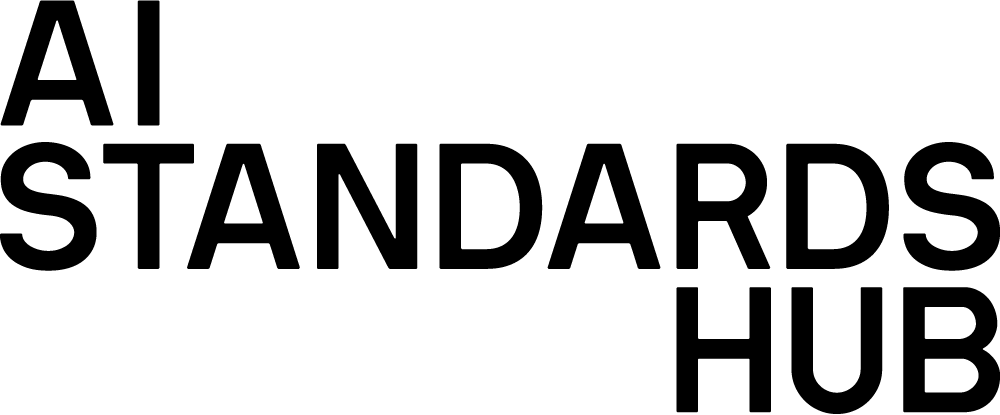AI standardization and foreign policy
Abstract
Technical standard-setting in artificial intelligence (AI) has a direct impact on traditional foreign policy domains, such as the protection of human rights and democracy, or foreign economic and trade policy. While European foreign policy makers engage in the regulation of AI at the United Nations, the Organisation for Economic Co-operation and Development, or at the Global Partnership on AI, they are absent from the AI standardization ecosystem. AI standards herald market access, interoperability, and connectivity of products and services of private sector companies. AI standardization may appear to be primarily technical, but it is also responsible for the protection of fundamental rights when ethical AI principles are translated into technical standards. But standard-setting also has concrete geopolitical and geoeconomic significance as states begin to pursue coordinated AI standardization strategies that reflect their political and economic objectives. Therefore, European foreign policy makers need to engage with the AI standardization ecosystem.
There are two possible forms for such an engagement: active participation and passive information gathering and analysis. Both options are highly dependent on foreign ministries’ available resources and political constraints. Because technical standards can be used to lower or be misused to raise non-tariff trade barriers, standardization policies traditionally fall within the purview of ministries of the economy. Active involvement requires direct participation of European foreign policy makers in standards working groups at national, regional, and international standards developing organizations. This in turn requires capacity building in AI technologies and improved technical skills of the diplomatic corps.
If direct participation is not possible, European foreign policy makers should nevertheless closely monitor developments in technical AI standardization judged near term and of high impact on their governments’ foreign policy agendas. Additionally, they can empower civil society actors to participate in technical AI standardization processes, especially in the realm of AI ethics, pertinent to the international protection of human rights.
To effectively engage in technical AI standardization, foreign policy makers need to understand the logics, ambivalences, and red lines of its actors. International standardization organizations cannot cover gaps in policy making that have been left by political institutions. Therefore, European foreign policy officers should be careful not to over-legalize or over-politicize technical standardization bodies. AI standardization helps to shape the economic realities that have a direct effect on foreign policy. Technical standards are an important component of the international regulatory framework for AI. If technical AI standardization continues to be excluded from the foreign policy agenda, European foreign policy makers deny themselves the opportunity to help shape the global AI regulatory framework. Therefore, European foreign policy makers should make the best possible strategic use of the opportunities available to them in engaging with AI standardization, rather than being forced to react to this highly dynamic process.
This content is available under a Creative Commons Attribution-ShareAlike 4.0 International licence.
External Links
Key Information
Date published: 24 Feb 2026


